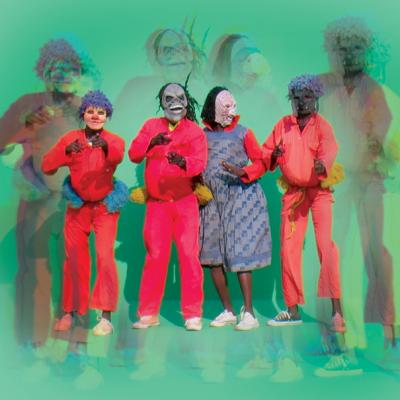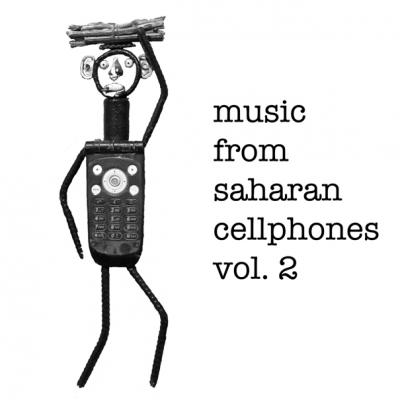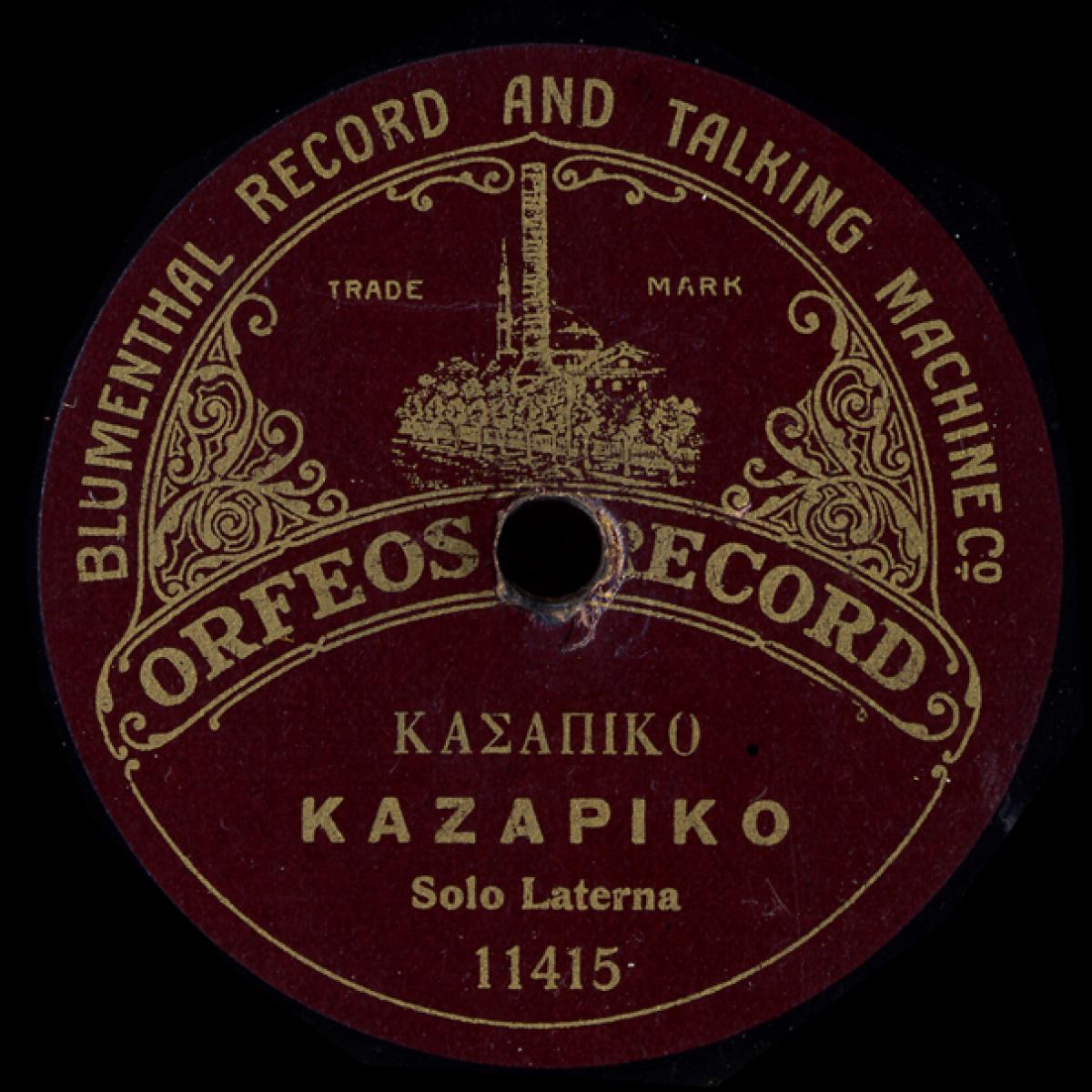
Greek Rhapsody
The renowned Dust-To-Digital label offers rare and beautiful music from archives for many years now. Greek Rhapsody is their latest product, 42 instrumental tracks from Greece, recorded between 1905 and 1956, remastered from 78rpm recordings and collected by musician and scholar Tony Klein. For Norient Klein reflects about the «culmination of his lifetime».
Greek Rhapsody is in a way a culmination of an Englishman’s lifetime with music. I’ve played musical instruments for 56 years, and have played Greek music for 40 of those. Although I sang enthusiastically in my school choir as a boy, I’ve always been an instrumentalist at heart. For me instruments are also voices, and I have always felt very sensitive to the details of sound. So although I was drawn into Greek music as much by singers as by bouzouki and clarinet players, I’ve therefore wanted to communicate my appreciation of instrumental playing in a more specific way than has previously been done in reissues of 78rpm recordings of Greek music. Having played the music not only on bouzouki, but on guitar, laouto, oud, mandolin, mandola, baglamas, tzouras, flute, and even on my first instrument, the violin, a physical relationship to the instrumental sounds has driven me in my striving to let these often very old, and sometimes very worn recordings, sound as acoustically authentic as possible, and thus simply communicate more. This means taking particular care not to remove essential audio information in a misguided search for cleanliness.
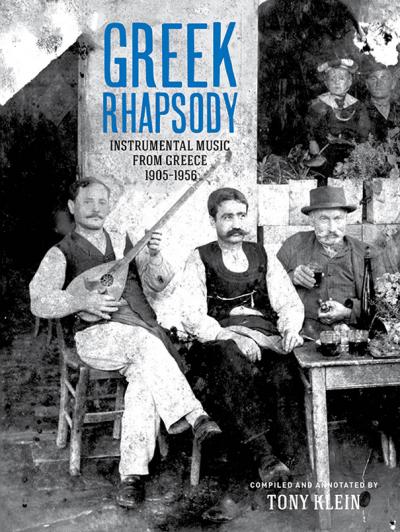
I am also one of those who want to know about the people behind artistic creations, whether it be music, books, paintings, films or whatever. Add to this an interest for history and for the theory and practice of music in both Western and non-Western cultures, and you may understand why Greek Rhapsody is not only a collection of 42 tracks, but grew to a book.
That I have occupied myself with 78 rpm recordings of Greek music is because they are the source of most of my Greek listening experience. Their directness, their freshness and spontaneity, are in stark contrast to many of the offerings of today’s recording industry, which often contain what is rather an audio collage, something which never actually happened at one time in the playing and interaction of living people. There is a lack of mannerism in the old recordings, an intimacy, seldom heard in today’s popular music, and perhaps also rarer in contemporary recordings in general.
Without the medium of Internet, all this would never have resulted in Greek Rhapsody, or in my first production «Mortika – Rare Vintage Recordings from a Greek Underworld» in collaboration with Charles Howard. I am not myself a collector of Greek 78s. It is through the generosity of collectors with whom I have forged friendships, often over the web, and with whom I have often had immensely valuable dialogues, that I have been able to put together this panorama of instruments and styles.
Some reviewers have interpreted this collection as «instrumental rebetiko». I would like to take this opportunity to clarify that even if many of the musicians featured also played what is called rebetiko, by no means all of them did, and I doubt that they would themselves have automatically regarded their instrumental pieces as such. There is rather an intention here to free up the listener from genre categorisations and to present the music as an engaging panorama of instrumental performances from diverse Greek contexts. And to simultaneously showcase the varied instrumental work of one particular Greek musician, Spyros Peristeris, who was a multi-instrumentalist, composer, arranger, A&R man, and studio director. His life’s work truly transcended the artificiality of genres.
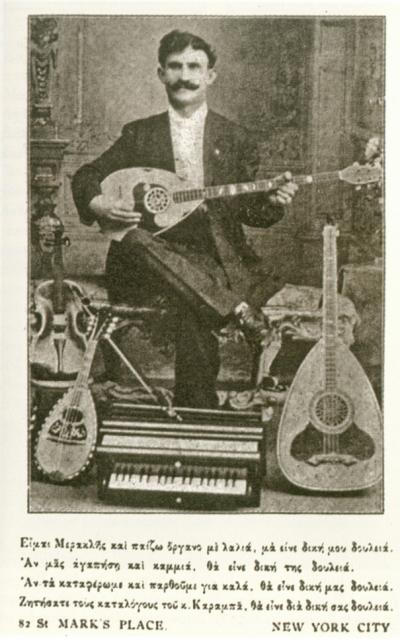
Biography
Published on August 30, 2013
Last updated on May 01, 2024
Topics
From the music format «78 rpm», the melancholic echoes of a dubbed out rave night in London, and parodic mockings of «perfect house wifes» by female Nigerian pop musicians.
From westernized hip hop in Bhutan to the instrumentalization of «lusofonia» by Portuguese cultural politics.
